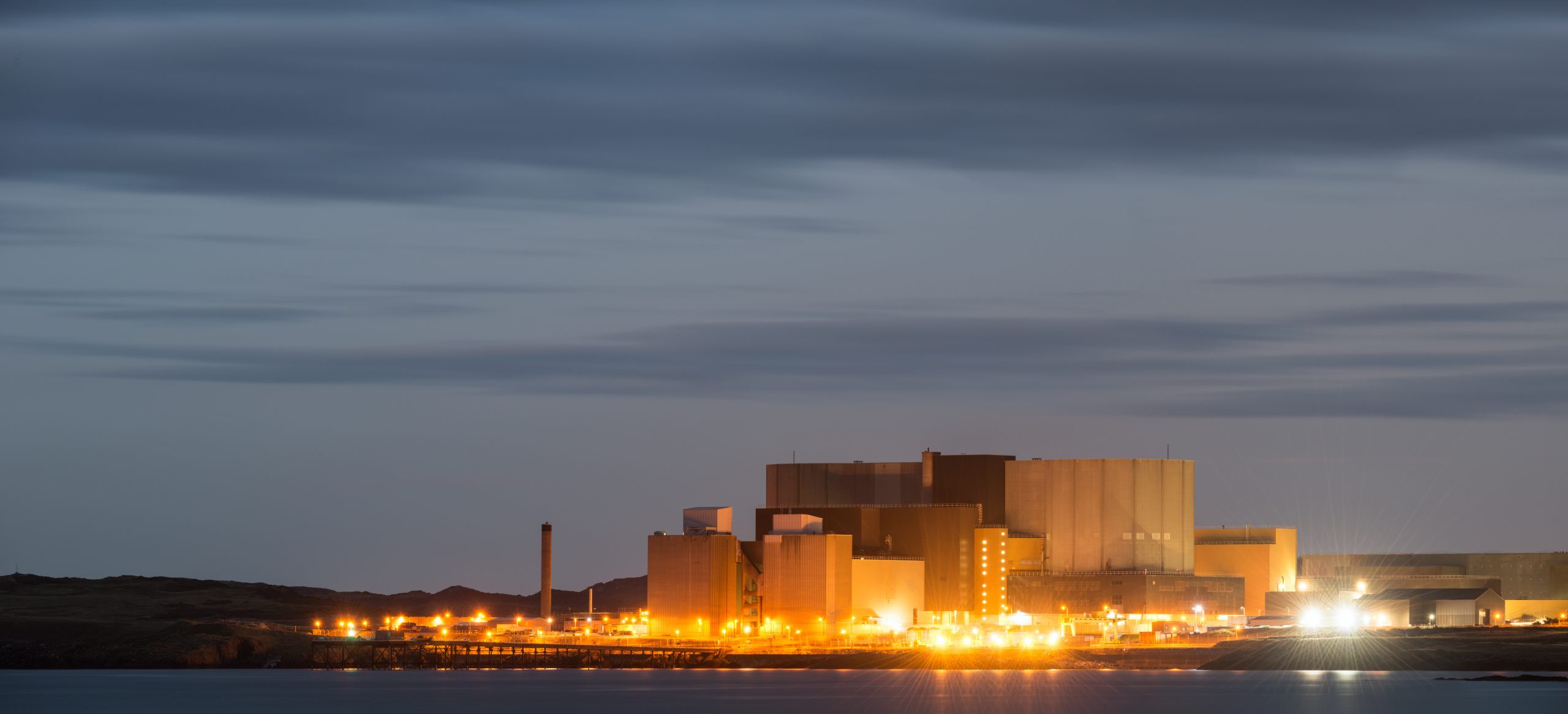The All-Party Group on Small Modular Reactors (SMRs) has welcomed the launch of Great British Nuclear and the appointment of an interim Chair and interim Chief Executive Officer. The cross-party group also welcomed the roll out of Small Modular Reactors announced as part of the UK’s Powering up Britain plan.
The Chair of the APPG on SMRs, Virginia Crosbie MP (Ynys Môn), commented:
“I welcome the appointment of Simon Bowen as interim Chair and Gwen Parry-Jones OBE as interim Chief Executive Officer of Great British Nuclear. We look ahead to the imminent announcement of the details of the SMR competition. The SMR APPG will be holding an evidence session for SMR developers later in April to update parliamentarians on progress with SMRs and GBN as the completion starts. We will be scrutinising the progress of the SMR competition and helping parliamentarians and industry participants engage with the policy issues as the down selection process takes place by the autumn.
“The SMRs APPG was established to inform MPs and Peers about the exciting new technology of Small Modular Reactors and the important fact that the UK is leading the way in this pioneering sector. This task has taken on a new importance with the announcement of Great British Nuclear. We welcome the Energy Minister’s statement that Great British Nuclear will help drive forward the SMR programme and we look forward to understanding Great British Nuclear’ s capacity and what budget it has been allocated to carry out this vital work.
“The SMRs APPG would like to see the acceleration of the SMR approval process and a more rapid deployment timetable. We hope that Great British Nuclear will be able to get down to business promptly and drive forward the UK’s SMR programme and the export market in this technology. It was encouraging to see the Government appoint Andrew Bowie (West Aberdeenshire and Kincardine) as the Minister for Nuclear. We look forward to welcoming him on his visit to Wylfa.”
ENDS
Notes to editors
The government has set out the timetable for Great British Nuclear (GBN) in the document Powering up Britain. You can view this here.
In relation to Nuclear the timetable is as follows:
“The first priority for GBN is to launch a competitive process to select the best SMR technologies. This will commence in April with market engagement as the first phase. The second phase – the down-selection process – will be launched in the summer, with an ambition to assess and decide on the leading technologies by autumn. We will co-fund the selected technologies through their development and will work with successful bidders on ensuring the right financing and site arrangements are in place, in line with our commitment to take 2 Final Investment Decisions next parliament.”
Key Nuclear Facts
- Currently over 61,000 people directly employed in the nuclear industry across the UK (NIA Jobs Map UK 2021),
- Of which over 700 people employed in the nuclear industry in Wales (NIA Jobs Map UK 2021),
- Around 300 people employed on Ynys Môn in the nuclear industry (NIA Jobs Map UK 2021),
- Rolls-Royce SMR predict that their programme will create 40,000 regional jobs and £52bn in economic benefit by 2050 (Rolls-Royce SMR),
- Horizon employed 33 local apprentices, most Welsh speaking but when they were made redundant the majority had to relocate to England taking the language with them (no reference – they were in my group!),
- A large scale nuclear power plant could create up to 10,000 jobs during construction (Prime Minister’s 10 Point Plan),
- A large scale nuclear power plant would create around 800 – 900 jobs during operation (EDF, Horizon, Westinghouse, Prospect)
- HPC has so far trained 922 apprentices on its project to date (EDF Energy 2022)
- HPC has spent £4.1bn with companies in the south west to date (EDF Energy 2022),
- HPC has spent £24m on education skills and employment to date, (EDF Energy 2022),
- A new nuclear plant is estimated to contribute £40m per year as an annual economic contribution during operation (Prospect 2021 – also comparable to numerous US reports on US plants)
